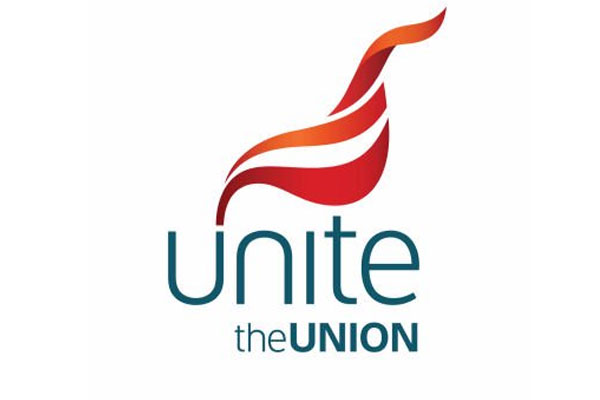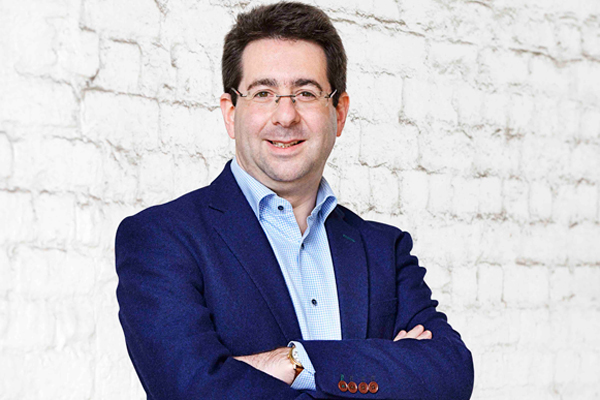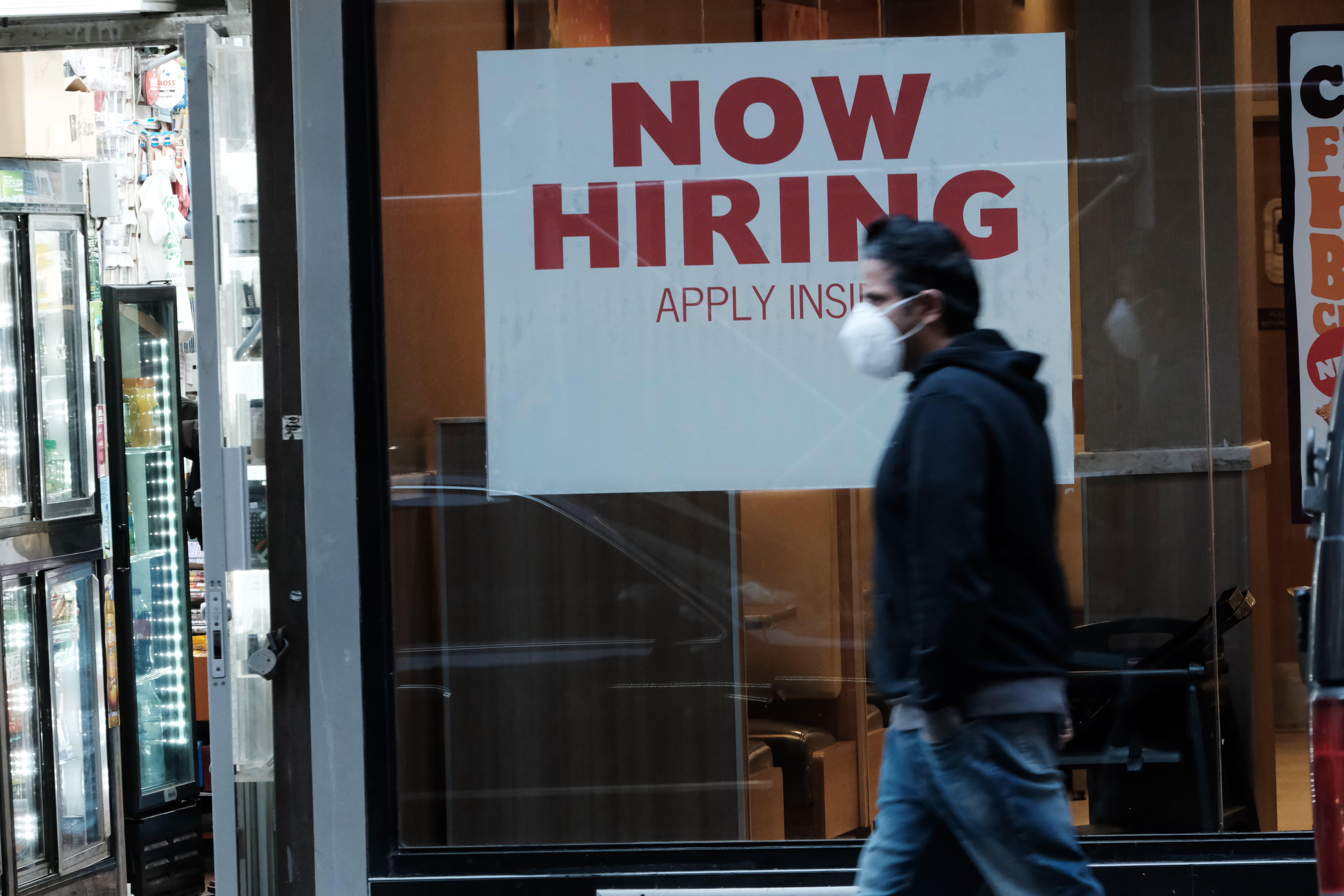Culture, Care and Innovation: The Triad for Travel Success in 2025
Gilead Sciences global head of travel, meetings and events Steve Sitto has a wish for the travel management industry in 2025: a year of making mental and physical well-being the guiding principle for progressive and innovative business travel programs.
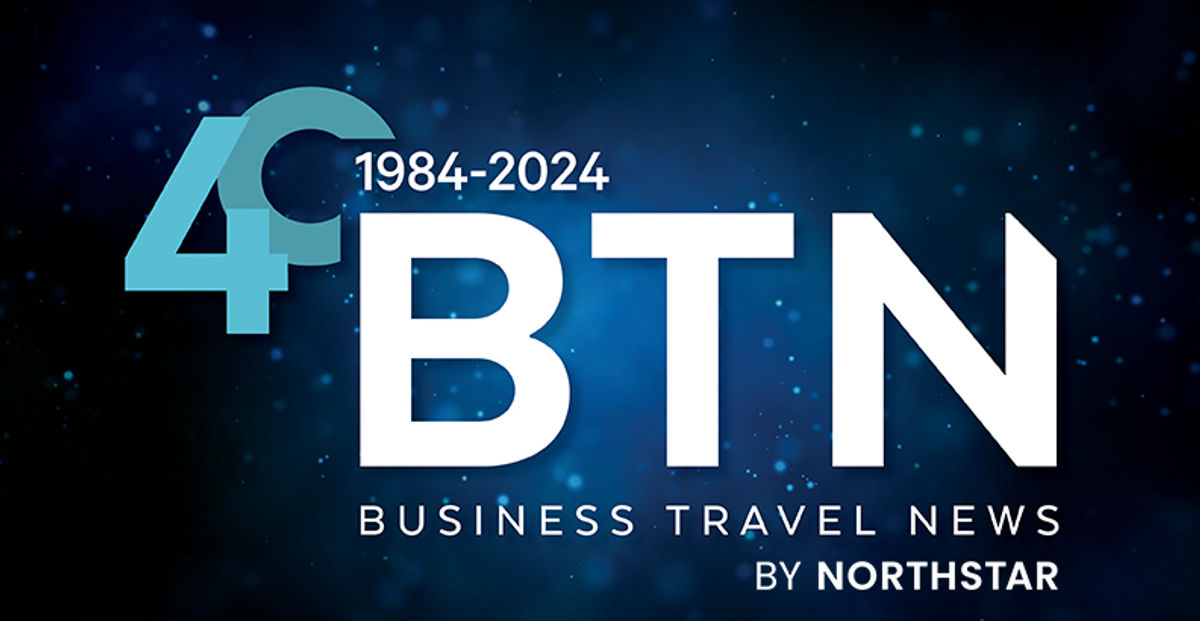
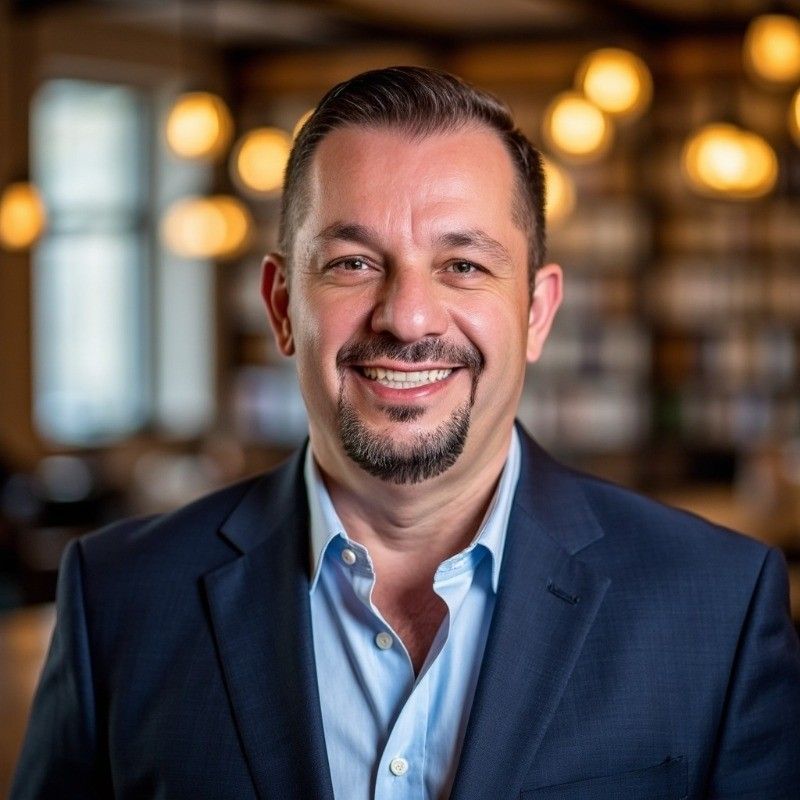 Steve Sitto, BTN 2024 Travel Manager of the Year & Gilead Sciences Global Head of Travel, Meetings and Events
Steve Sitto, BTN 2024 Travel Manager of the Year & Gilead Sciences Global Head of Travel, Meetings and Events The corporate travel landscape, shaped by tech advancement, changing supplier strategies, traveler preferences, and global socio-economic shifts, is changing fast. The pace of change has been exciting. It has also been challenging, making fostering a culture of well-being and responsiveness within your travel program and teams more crucial than ever.
When employees are happy and engaged, everyone benefits. Of course, that goes for traveling employees and those tasked with sorting through the increasing complexities of managing travel and supporting those travelers.
Over the past three years, I have faced significant well-being challenges, compounded by the pressures of family and work. I often neglected my mental health, putting other responsibilities first. It wasn't until my leadership showed genuine care and compassion, encouraging me to take a much-needed mental health break, that I was able to focus on myself. This time allowed me to confront and manage the stress and anxiety I had been pushing aside.
I’m sure I’m not the only travel manager to have experienced similar pressures and anxieties—managing travel is well known for its high-pressure environment.
My recent journey taught me the importance of prioritizing emotional and physical well-being to succeed personally and professionally. Taking care of mental health allows us to approach life and work with clarity, confidence and purpose. I also realized that I had underestimated the value of human interaction and social connection. Embracing relationships has been a crucial part of my journey toward better mental health—and being a better travel manager.
Today, I strive to manage my travel program and team with increased mindfulness, cultural awareness, and, yes, more innovation by setting a positive example and inspiring others to bring their best selves to the travel management table.
Embracing Cultural Understanding
Embracing different cultures is vital when you work in travel. Every culture offers unique perspectives, and as travel managers, it's crucial to be aware of these subtleties. An easy example is recognizing and respecting cultural customs and holidays. Adapting travel plans to honor critical cultural events creates a more supportive and harmonious work atmosphere. Adapting to, rather than resisting, cultural customs puts teams at ease. It also sharpens our skills as travel managers and global citizens. That can enhance the travel program experience for traveling employees, making them feel respected and valued. When employees feel this way, their well-being and productivity increase, which means travel is better supporting the business.
Creating Broader Perspective
Experiencing different cultures firsthand provides profound insights beyond what any book or classroom can offer. Cultural immersion gets into powerful but subtle territory like communication styles, social norms and business etiquette, which are crucial for effective travel management and personal growth. It broadens our horizons, making us more adaptable and open-minded.
Such qualities are invaluable in an industry as globally connected and complex as travel. Travel managers who embrace diversity and see the opportunities that ride alongside change—as opposed to just the obstacles—are better equipped to anticipate and navigate complex industry shifts, define clear paths forward for themselves and their teams, and ensure programs remain relevant and resilient.
Pushing Toward Innovation
The travel industry is known for its high-pressure environment. It demands constant attention to technology, efficiency, safety, and cost optimization. One of the most important lessons I learned in my time away was how prioritizing personal well-being helps manage this pressure, leads to better decision-making and helps condition the personal drive to innovate.
Indeed, travel managers hold the power to reshape and elevate our programs continuously—and as the industry undergoes significant changes, there is no better time than now to open our minds to innovation and think beyond conventional boundaries toward fresh and inventive solutions.
That takes the ability to envision outcomes, to set ambitious yet achievable goals, and to leverage team talent on the way to success. Leveraging talent—especially in travel—requires more than keeping our heads down in the day-to-day grind. It takes engaging with different perspectives and even cultures that can open our minds and spark transformative ideas.
Experiencing the efficiency of Japan's transportation system could inspire us to seek out similar practices for our programs and processes, leading to more streamlined operations and personal productivity. Similarly, understanding the collaborative spirit of Nordic business culture can enhance our approach to teamwork, fostering more effective and empathetic communication skills.
By embracing the richness of diverse cultures and setting ambitious goals, we can cultivate an environment that thrives on innovation and profoundly recognizes the value of every individual. In doing so, we create a travel program that is both forward-thinking but also compassionate and inclusive.
A Holistic Approach to Well-Being and Success
The well-being of travel managers and their teams is essential in our fast-paced, ever-changing industry. By deeply engaging with different cultures and keeping mindfulness at the forefront, travel managers can foster environments that enhance program effectiveness and innovation and help alleviate job-related pressures. By prioritizing mental and physical well-being, we create a positive cycle of growth and adaptability, laying the foundation for long-term success.
As we move into the challenges and opportunities of 2025, my wish for my industry colleagues is to remember that well-being is not a luxury—it's a necessity. Embracing this as the core of our work and lives, we can lead our teams to new heights, creating spaces where innovation flourishes, our teams stay resilient in the face of work pressures, and everyone benefits.

 Astrong
Astrong 







